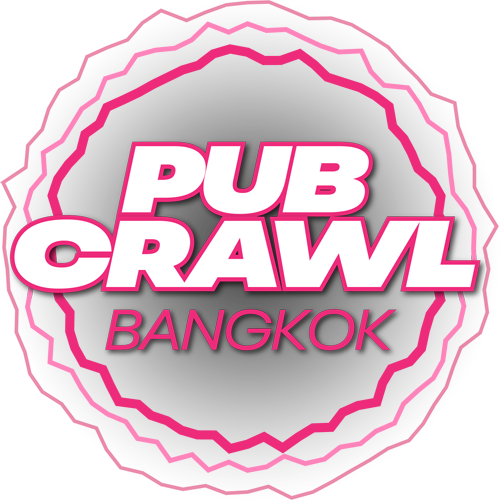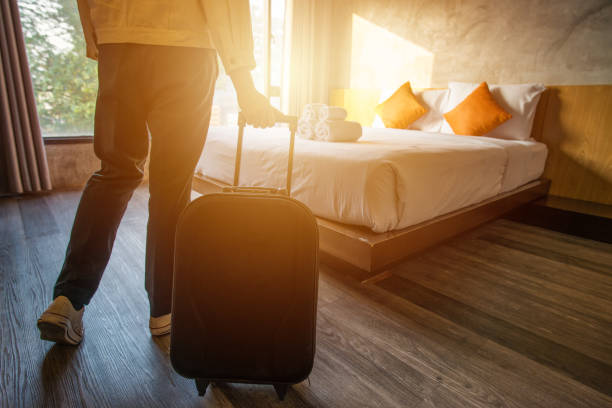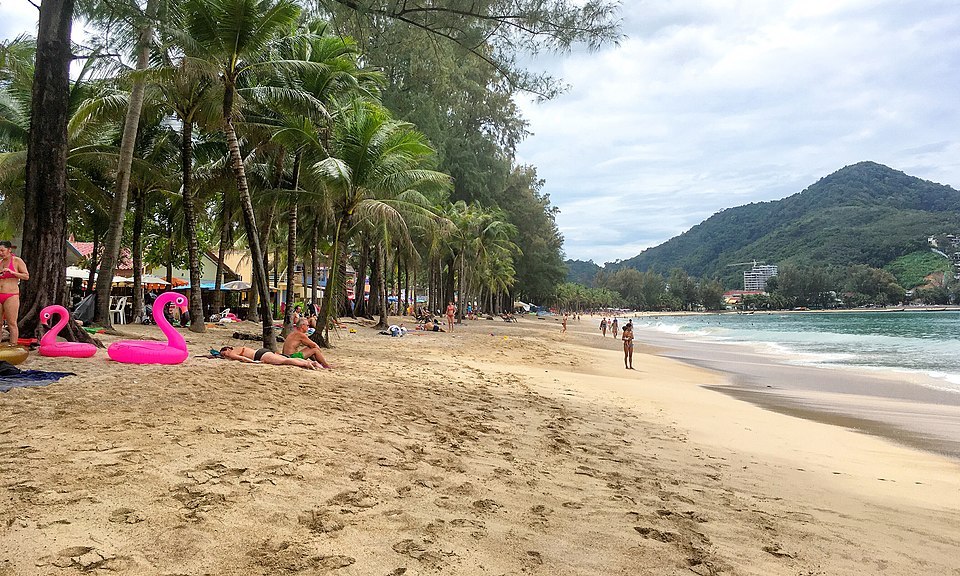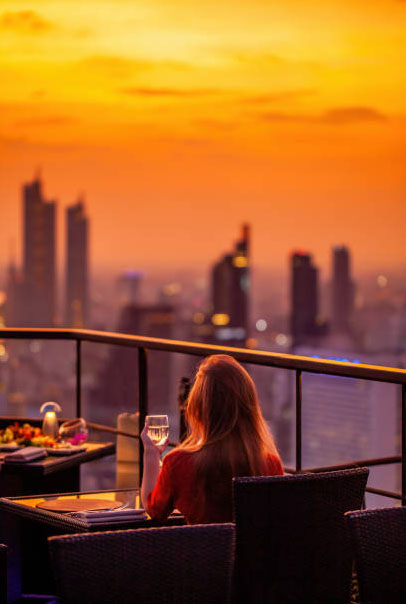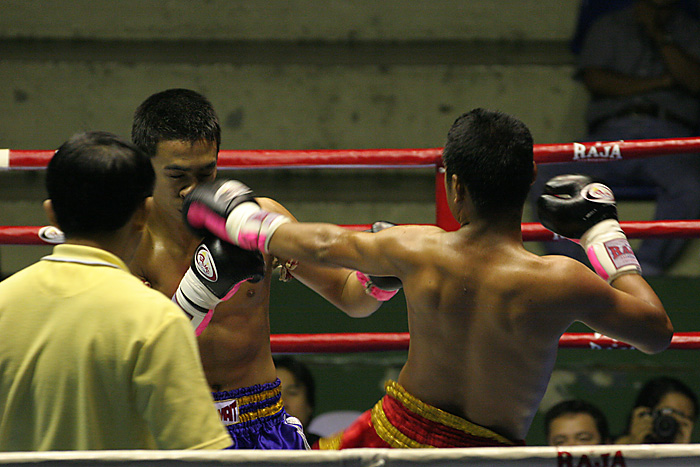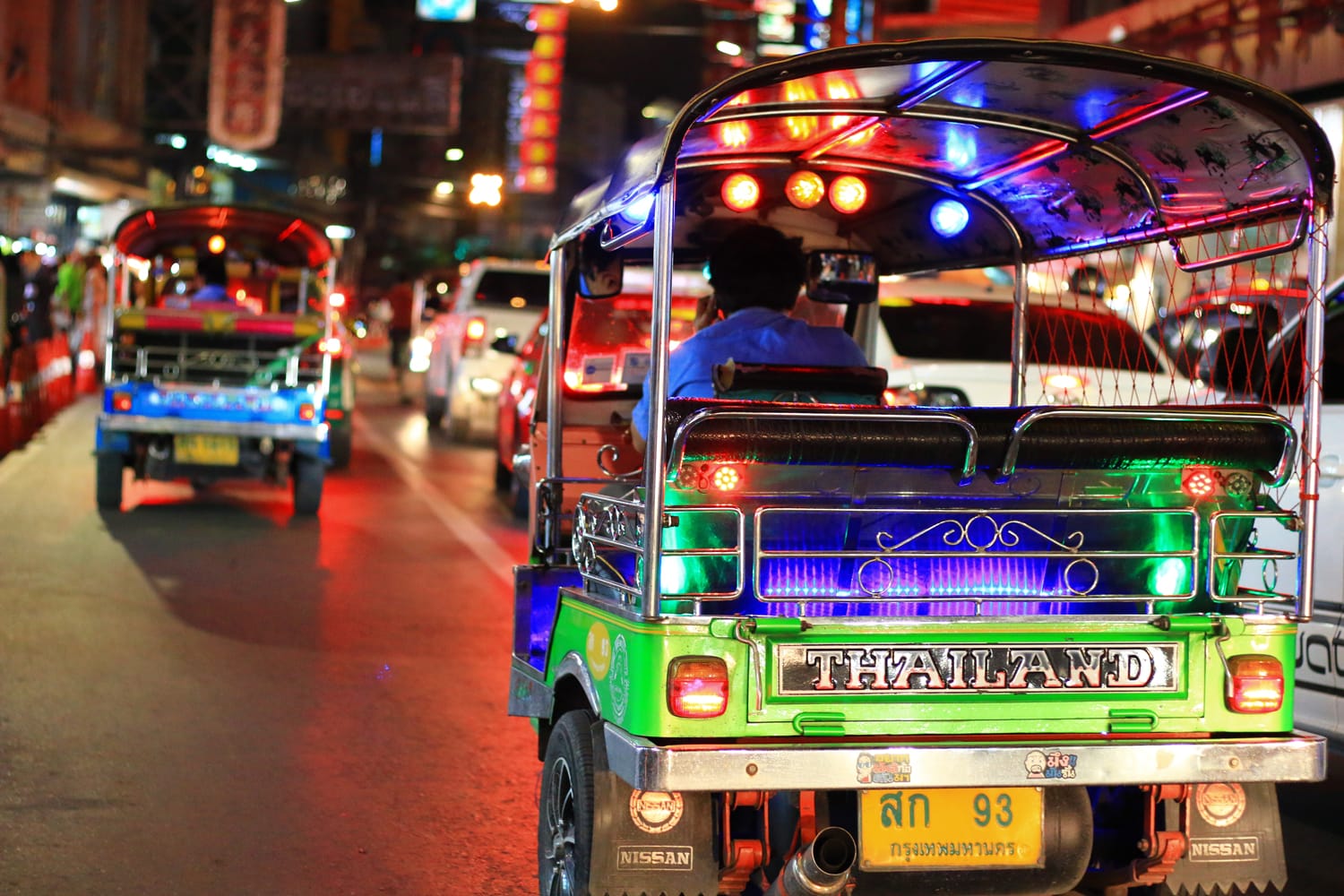Photo by Takeaway – Own work, CC BY-SA 3.0, https://commons.wikimedia.org/w/index.php?curid=26331657
Thailand is renowned for its diverse and delicious cuisine. With an abundance of street food and local restaurants, travelers can easily immerse themselves in the local food scene. However, it’s important to be mindful of the risks of food poisoning and take steps to prevent getting sick while still enjoying the local cuisine. Here are some tips for eating like a local in Thailand while avoiding food poisoning:
Choose your food vendors wisely
When it comes to eating street food in Thailand, there are plenty of reputable vendors to choose from, but there are also those that should be avoided. Look for food stalls or restaurants that are busy and have a high turnover of food. This can indicate that the food is fresh and less likely to cause food poisoning. Also, avoid food vendors that look unclean, have poor hygiene standards, or are located near busy roads with high pollution levels.
Stick to cooked food
One of the easiest ways to avoid getting food poisoning is to stick to cooked food, rather than raw or undercooked food. Avoid salads, uncooked vegetables, and fruits that haven’t been peeled. Instead, opt for stir-fries, curries, soups, and grilled or roasted meats. Always make sure that the food is cooked thoroughly and served hot.
Be cautious with street drinks
Thailand’s street vendors offer a variety of refreshing drinks, such as fresh fruit juices and smoothies. However, these drinks may be prepared with contaminated water or ice, leading to illness. To avoid this, look for vendors that use filtered water and avoid ice unless you’re confident it’s been made with safe water.
Stay hydrated
Drinking plenty of water is essential in Thailand’s hot and humid climate, especially when sampling spicy food. Staying hydrated helps flush out toxins and keeps the digestive system healthy. However, it’s important to stick to bottled or filtered water to avoid drinking contaminated water that can lead to illness.
Carry hand sanitizer and use it regularly
In addition to choosing the right food vendors, good hygiene practices are essential to prevent food poisoning. Carry hand sanitizer with you and use it regularly, especially before eating or handling food. It’s also a good idea to carry wet wipes to clean hands and surfaces when necessary.
Eating like a local in Thailand is a wonderful way to experience the country’s vibrant culture and delicious cuisine. By being mindful of the potential risks of food poisoning and taking steps to prevent it, travelers can indulge in the local food scene without sacrificing their health.
